Rushed AI deployments and skills shortages are putting businesses at risk
Not only has AI opened up more cybersecurity worries, but companies are struggling to attract and retain the right talent.

- Geopolitical tensions are impacting US companies especially
- Expectations about AI are not realistic
- Networks need major upgrades
Nearly one in five US organizations have experienced security incidents as a result of their AI deployments according to new research commissioned by Expereo.
The report reveals how two in five (41%) organizations struggle to find and retain cybersecurity talent, yet cybersecurity is a close second when it comes to investment priorities at 38%, compared with networking and connectivity (43%).
More broadly, ongoing geopolitical tensions are also affecting how organizations go about deploying artificial intelligence, with 50% noting the impact of such events on their growth strategies.
Rushed AI deployments are becoming costly
Before it even gets to the point of a potential breach, the research reveals how one in three global CIOs believe boards have unrealistic expectations about AI's impact - and more than a quarter (27%) of US tech leaders feel similarly.
This is a trend that appears to be more of a concern abroad, with 28% of global technology executives saying AI expectations are growing faster than their ability to meet them – above the US average of 23%.
Over half (52% globally, 53% in the US) agree that their network connectivity is not ready for new technologies like AI, with more respondents concerned about network performance limitations than last year.
As if AI-induced cybersecurity concerns aren't enough, ongoing trade wars continue to add further complexity. One-third (34%) of global tech leaders have had to reassess their infrastructure due to geopolitical risks, with 37% noting the affect of such disruptions on their growth strategies – a figure that climbs considerably to 50% in the US.
"While the potential of AI is immense, its successful integration requires careful planning. Technology leaders must recognize the need for robust networks and connectivity infrastructure to support AI at scale, while also ensuring consistent performance across these networks," Expire CEO Ben Elms commented.
Looking ahead, cybersecurity isn't the only consideration for businesses when it comes to adopting AI tools. AI governance, the pace of change and inadequate capabilities are among the three biggest external hurdles, with employee resistance still affecting companies internally.
You might also like
- Over half of UK businesses who replaced workers with AI regret their decision
- Boost device cybersecurity with the best endpoint protection software
- Find new workers with the best job sites





















































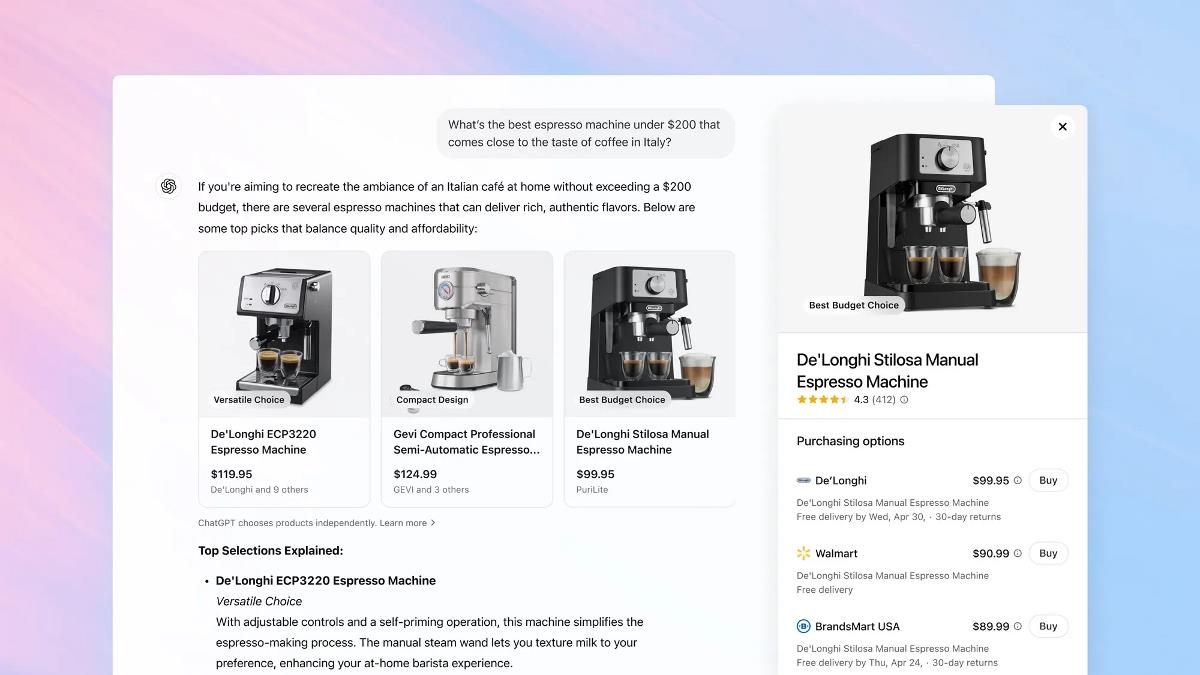
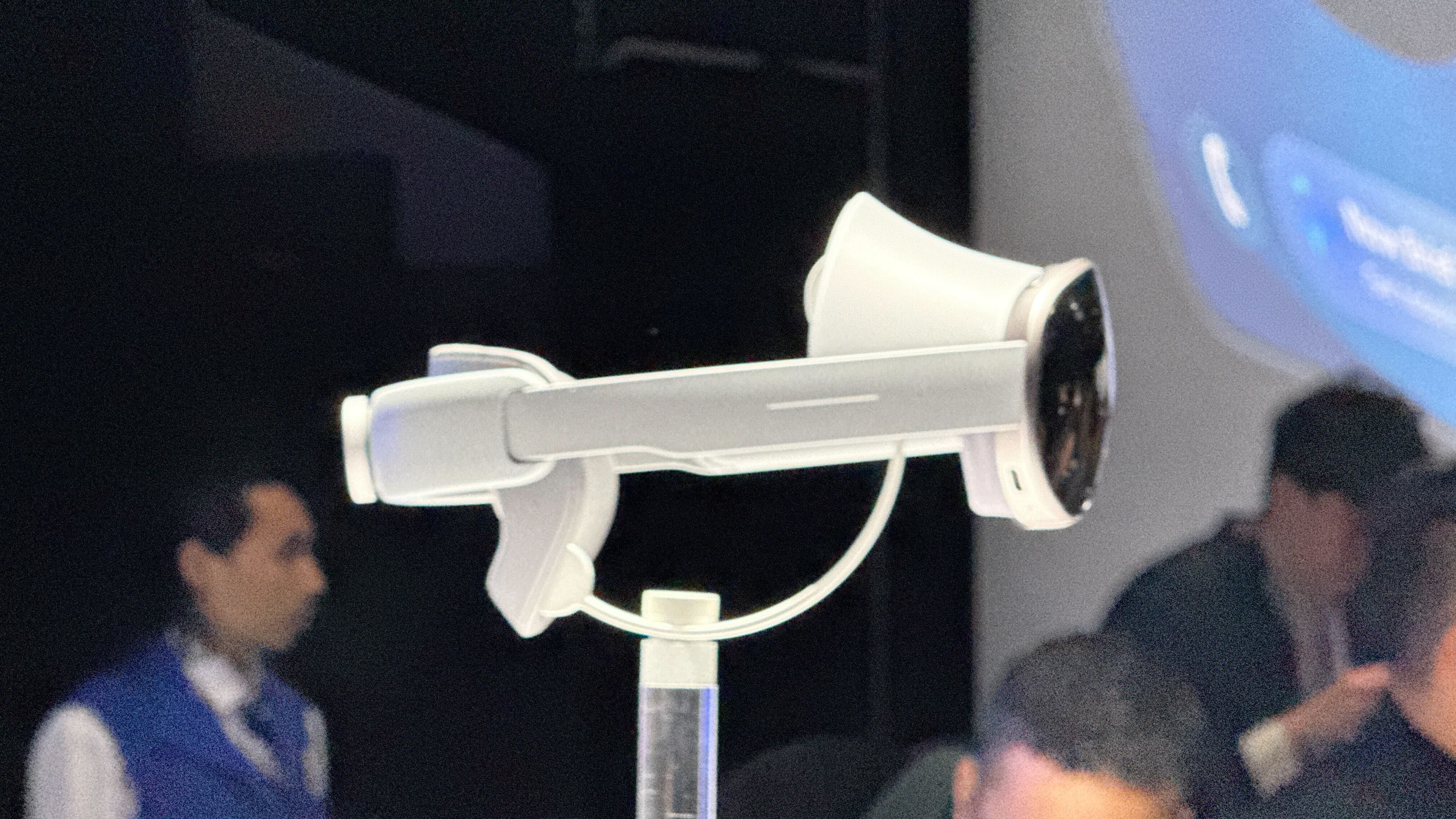


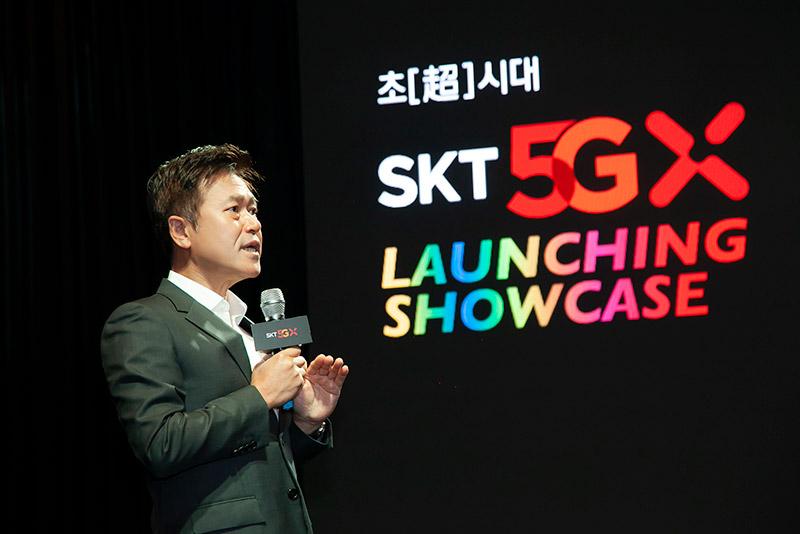
















![Apple Shares Trailer for First Immersive Feature Film 'Bono: Stories of Surrender' [Video]](https://www.iclarified.com/images/news/97168/97168/97168-640.jpg)
![New Hands-On iPhone 17 Dummy Video Shows Off Ultra-Thin Air Model, Updated Pro Designs [Video]](https://www.iclarified.com/images/news/97171/97171/97171-640.jpg)
![Apple Restructures Global Affairs and Apple Music Teams [Report]](https://www.iclarified.com/images/news/97162/97162/97162-640.jpg)

















![Apple testing Stage Manager for iPhone, Photographic Styles for video, and more [Video]](https://i0.wp.com/9to5mac.com/wp-content/uploads/sites/6/2025/04/iOS-Decoded-iOS-18.5.jpg?resize=1200%2C628&quality=82&strip=all&ssl=1)








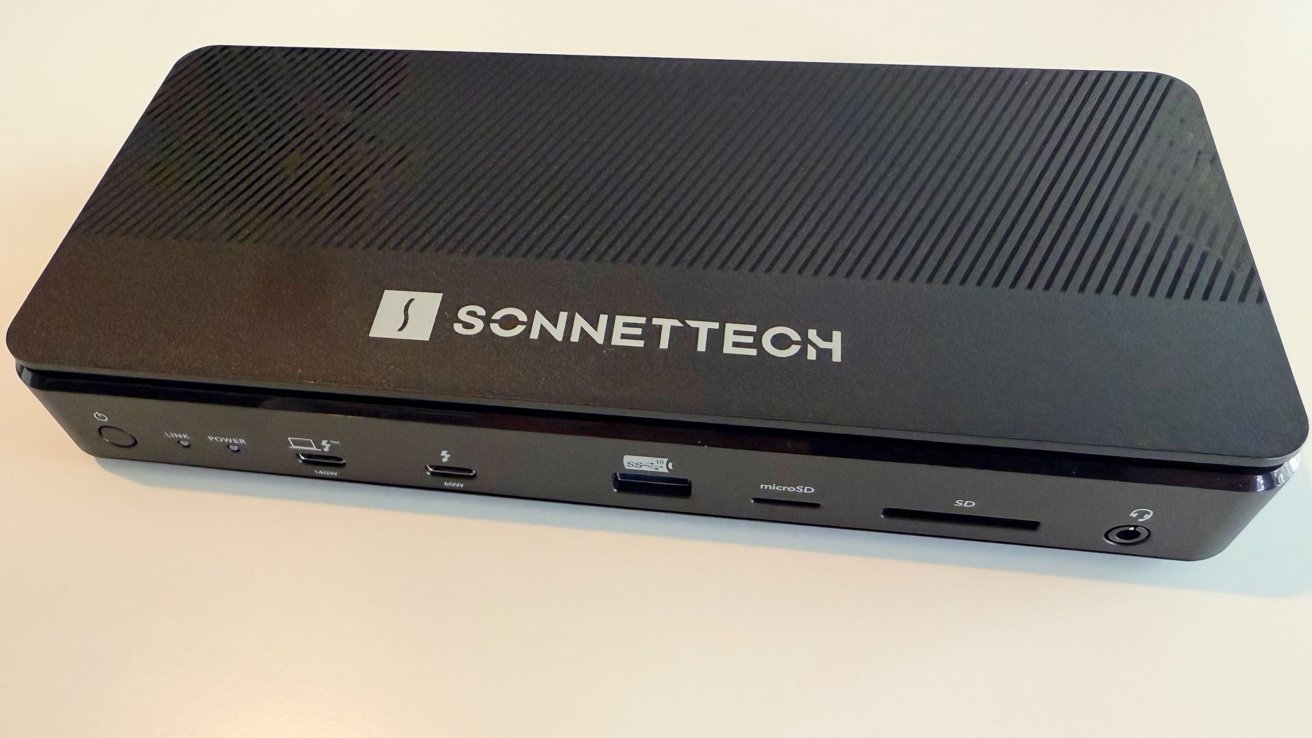


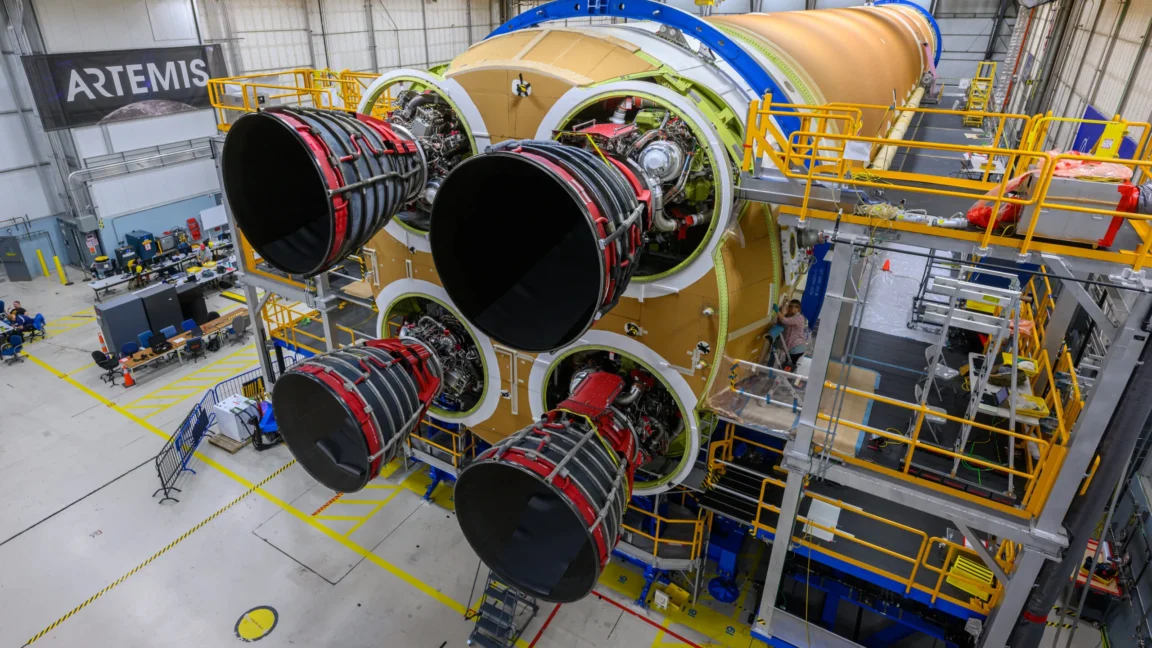









































































.webp?#)




_Jochen_Tack_Alamy.png?width=1280&auto=webp&quality=80&disable=upscale#)
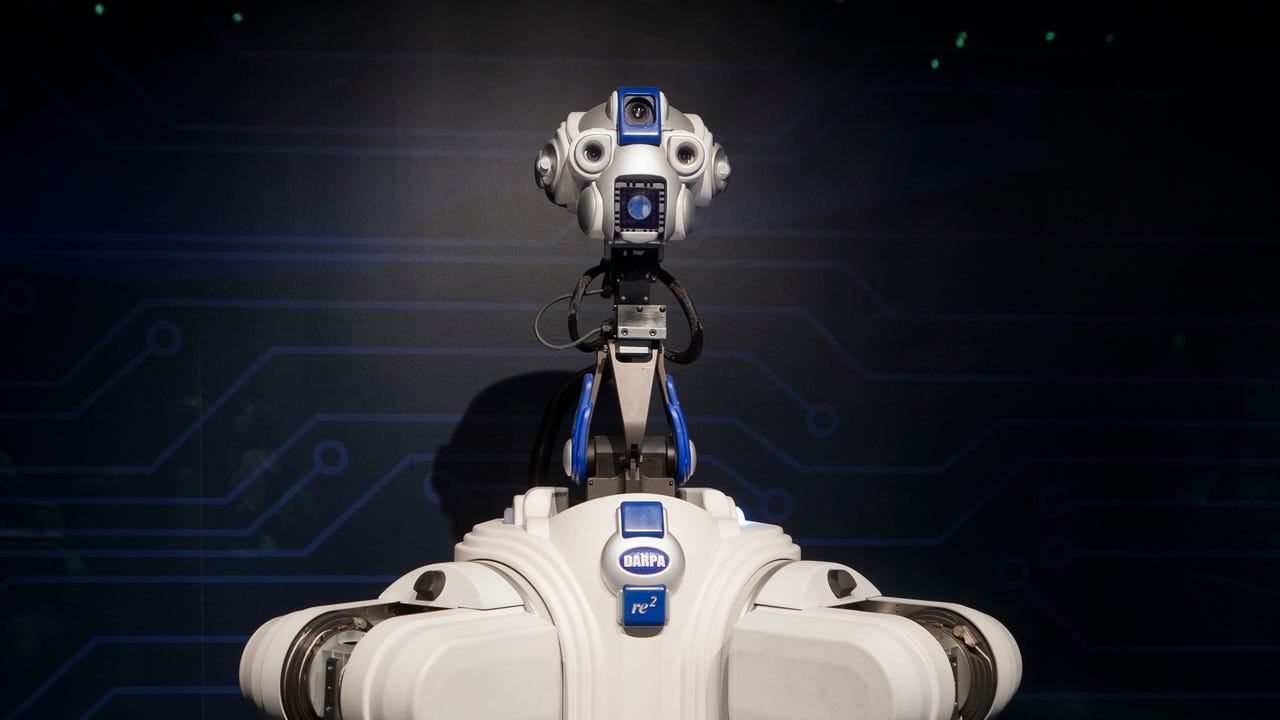



























































































































![[The AI Show Episode 145]: OpenAI Releases o3 and o4-mini, AI Is Causing “Quiet Layoffs,” Executive Order on Youth AI Education & GPT-4o’s Controversial Update](https://www.marketingaiinstitute.com/hubfs/ep%20145%20cover.png)




































































































































































































































































